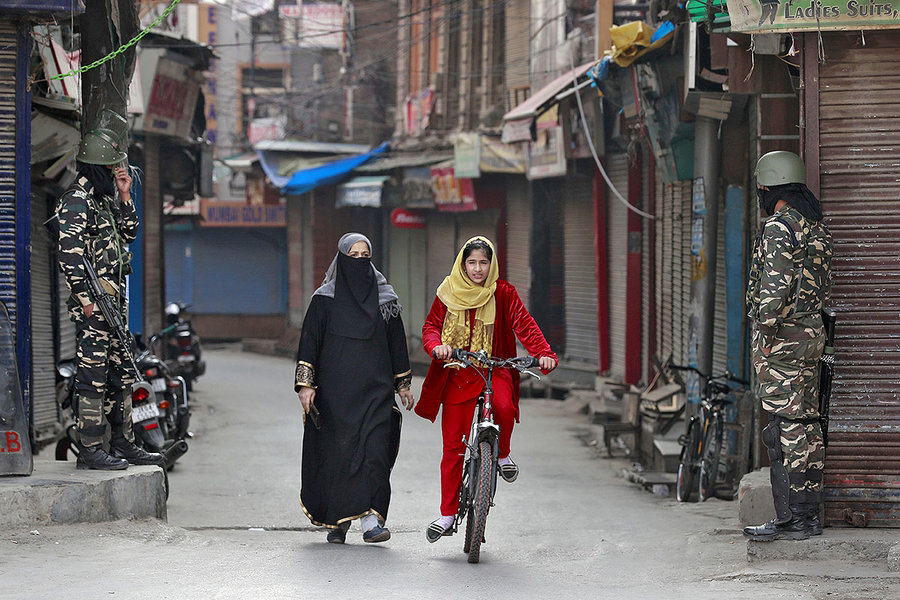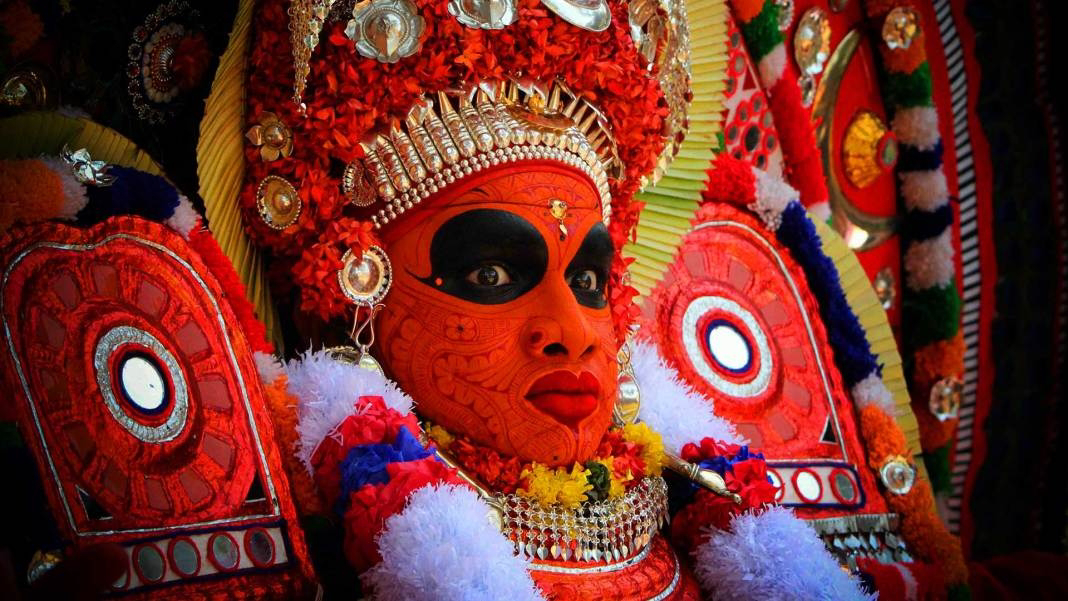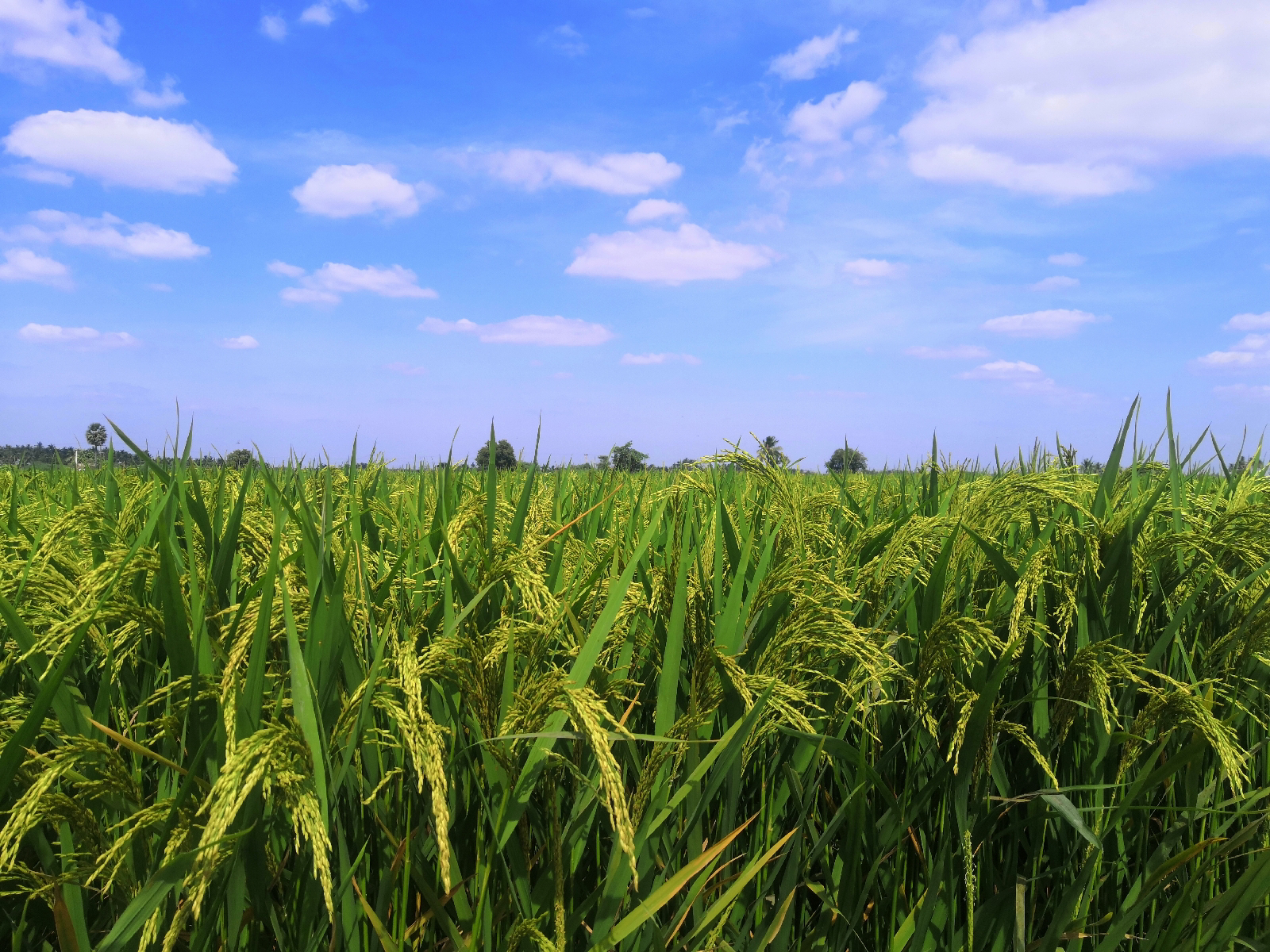Voice of a Kashmiri
- Khan Tauseef from Srinagar, Presently staying in TamilNadu
Before 1947 jammu and kashmir was a princely state and had no connection with india and pakistan which both were under british rule and occupancy, till 1947 we had our own prime minister called sadri riyasat ,now comming on post independence of india and pakistan . On October 27, 1947, Maharaja Hari Singh, the then ruler of Jammu and Kashmir (J&K), signed the dubious instrument of accession with the Indian government allowing Indian forces to land in Srinagar in order to oust Pakistan-backed armed groups who were in a position to oust the Dogra rule from there. But the agreement was once the situation would be inder control indian forces had to leave kashmir but after that india army didn't leave and which results in to the first Indo-Pak war which resulted in the creation of the ceasefire line and occupation of a part of Jammu, Kashmir, and Ladakh by India. Only Gilgit, Baltistan and a small part of J&K came under Pakistan’s control.
Even after 72 years, October 27 is marked as Black Day in Azad Jammu and Kashmir (AJK) and across Pakistan. But after August 5, 2019, the paradigm shift in the status of India-Occupied Kashmir (IOK) has resulted in major changes with far-reaching consequences on the region and globally. Although articles 370 and 35(A) of the Indian constitution and the so-called autonomous status granted by the two articles to IOK were severely violated by the Indian government, the revocation of the two articles created a new crisis, further augmenting the sufferings of the Muslim majority population of the Valley. J&K was the only Muslim majority state within the Indian Union and by revoking its special status New Delhi has not only attacked the Muslim identity of J&K, the basis of Indian secularism but also deepened a sense of insecurity, particularly in the Muslim population of the Valley.
Commemorating October 27 as Black Day is a usual feature in the history of Pakistan, AJK, and IOK. Till 1989, the level of resentment among the people of J&K against India existed but remained within control. But, with the outbreak of the Kashmiri Intifada in 1989, India reacted by sending hundreds and thousands of its military personnel resulting in serious human rights violations. It has been reflected in inhuman tactics like crackdowns, curfews, illegal detentions, massacres, targeted killings, sieges, burning houses, torture, disappearances, mass rapes and molestation of Muslim women and killings through false encounters.
According to a report on human rights violations in IOK, 100,000 Kashmiris have been killed during the liberation struggle since 1989. Besides, 7,023 custodial killings and 122,771 arrests have occurred, 105,996 houses or buildings have been destroyed, 22,776 women widowed, 107,466 children orphaned and 10,086 women have been gang-raped or molested over the last three decades. Indian security forces have continued such atrocities and used draconian and fascist laws such as the Jammu and Kashmir Disturbed Areas Act, the Armed Forces (Jammu and Kashmir) Special Powers Act and Public Safety Act for killing and arbitrarily arresting individuals for indefinite periods. Such inhuman laws have been used to suppress dissent in IOK and to unleash a reign of terror particularly in its Muslim population.
Apart from the Human Rights Watch, in its various reports, Amnesty International has also pointed out grave human rights violations in IOK by lamenting that, “the Muslim majority population in the Kashmir Valley suffers from the repressive tactics of the security forces”. In a 2015 report, Amnesty International highlighted the extrajudicial killings of innocent people at the hands of Indian security forces in IOK. The report states, “Tens of thousands of security forces are deployed in Indian-administered Kashmir… the Armed Forces Special Powers Act allows troops to shoot to kill suspected militants or arrest them without a warrant… not a single member of the armed forces has been tried in a civilian court for violating human rights in Kashmir… this lack of accountability has, in turn, facilitated other serious abuses… India has martyred 100,000 people. More than 8,000 disappeared [while] in the custody of army and state police.” In 2008, a rights group reported the discovery of unmarked graves in 55 villages in the northern region of IOK. Later, thousands of unmarked graves were reported to be found by researchers and other groups. In August 2011, the Indian Jammu and Kashmir State Human Rights Commission officially acknowledged that innocent civilians killed in the past two decades have been buried in unmarked graves. According to various writers, “foreign sources and human rights organizations have revealed that unnamed graves include those innocent persons, killed by the Indian military and paramilitary troops in the fake encounters including those who were tortured to death by the Indian secret agency RAW”.
After August 5, India crossed all limits of state coercion, repression and use of force. One can figure out three reasons why October 27 and August 5 can rightly be termed as “unfortunate days” in the history of IOK. First, October 27 is significant because on that day the Maharaja of Kashmir signed the so-called instrument of accession with India which culminated in the Indian occupation of Kashmir. Since October 27, 1947, Kashmiris have not been able to live in peace. With each passing day their sufferings, anguish, and plight surged. Second, August 5, 2019, is an unforgettable day for the people of J&K, like India, according to former chief ministers of IOK Farooq Abdullah and Mehbooba Mufti, cheated Kashmiris by ending the special status granted to J&K under Article 370 of the Indian Constitution. The erosion of Article 370 since the early 1950s, by abolishing the posts of the prime minister and president of Jammu & Kashmir and curtailing its autonomous status by the Indian government, generated a lot of resentment amongst Kashmiris against New Delhi. But the August 5 act is unprecedented because it liquidates the identity and so-called autonomy granted under Article 370. Now, according to Mehbooba Mufti, India is an occupying power in J&K because the articles forming the basis of the relationship between J&K and India are gone.



Comments
Post a Comment